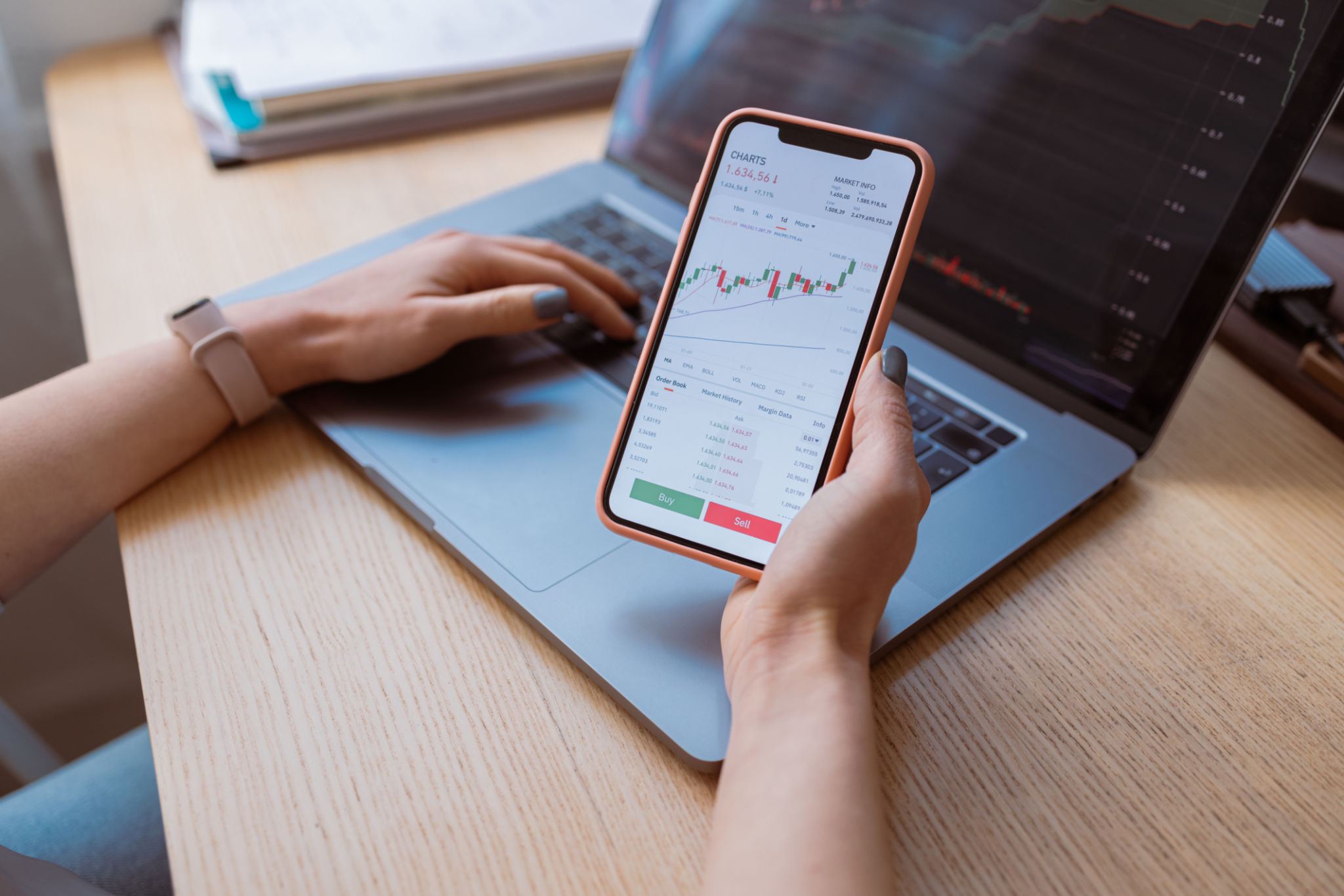Understanding Digital Currency in Australia: A Complete Guide for Beginners
What is Digital Currency?
Digital currency, often termed as cryptocurrency, is a type of currency that exists only in digital form. Unlike traditional currencies such as the Australian Dollar, digital currencies do not have a physical counterpart like coins or banknotes. The most well-known digital currency is Bitcoin, but there are thousands of others, including Ethereum, Ripple, and Litecoin.
These currencies use blockchain technology to secure transactions and control the creation of new units. This decentralized approach means that digital currencies are not controlled by any government or financial institution.

How Does Digital Currency Work?
Digital currencies operate on a technology called blockchain, which is a distributed ledger that records all transactions across a network of computers. Each transaction is verified by network nodes through cryptography and recorded in a block connected to the previous one, forming a chain.
This system makes transactions secure and transparent. Unlike traditional banking systems where your money is stored in an account controlled by a bank, digital currency gives you full control over your funds.
Wallets and Keys
To use digital currency, you need a digital wallet. This is a software application that allows you to store and manage your cryptocurrencies. Each wallet has a unique address and is secured with a private key, which is a secret number that allows you to access your funds.

The Rise of Digital Currency in Australia
Australia has been at the forefront of embracing digital currencies. The Australian government recognizes cryptocurrencies as legal tender and has established regulations to ensure their safe use. This positive regulatory framework has made Australia an attractive destination for crypto businesses and investors.
Major Australian cities like Sydney and Melbourne have seen a growing number of businesses accepting Bitcoin and other cryptocurrencies as payment. Additionally, Australian exchanges offer various options for buying and selling digital currencies.
Regulations and Taxation
The Australian Taxation Office (ATO) treats cryptocurrencies as property, meaning they are subject to Capital Gains Tax (CGT). This means that any profit made from selling digital currency is taxable. It's crucial for users to keep detailed records of their transactions to comply with tax obligations.

Benefits and Risks of Digital Currency
One of the main benefits of digital currency is its potential for high returns. Many investors are drawn to its volatility as it can lead to significant profits. Additionally, digital currencies offer increased privacy compared to traditional banking methods.
However, there are risks involved. The value of cryptocurrencies can fluctuate wildly, leading to potential losses. Additionally, the lack of regulation in some areas can result in security issues, such as hacking or fraud.
How to Get Started
If you're interested in exploring digital currency, start by conducting thorough research. Choose a reliable exchange platform to buy your first cryptocurrency and set up a secure digital wallet. Always stay informed about market trends and regulatory changes to make educated decisions.

In conclusion, understanding digital currency is becoming increasingly important in today's financial landscape. With careful consideration and strategic investment, digital currencies can offer exciting opportunities for both beginners and seasoned investors in Australia.